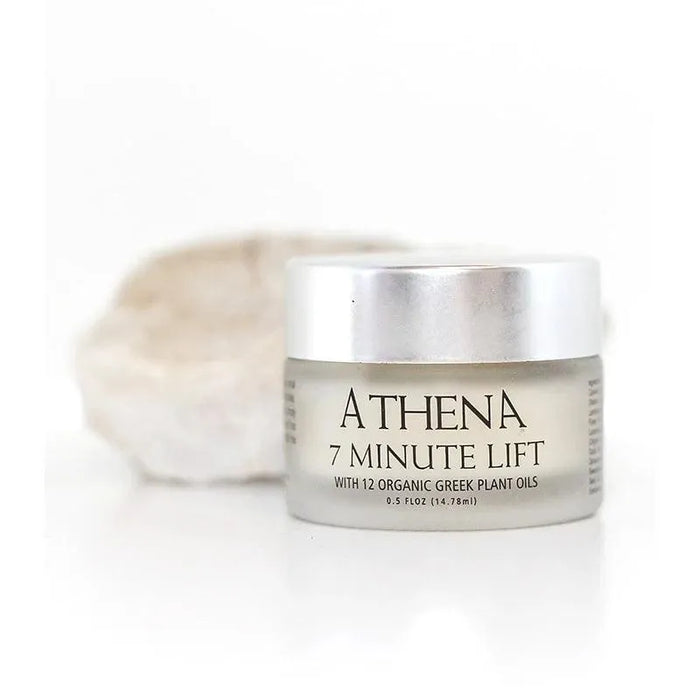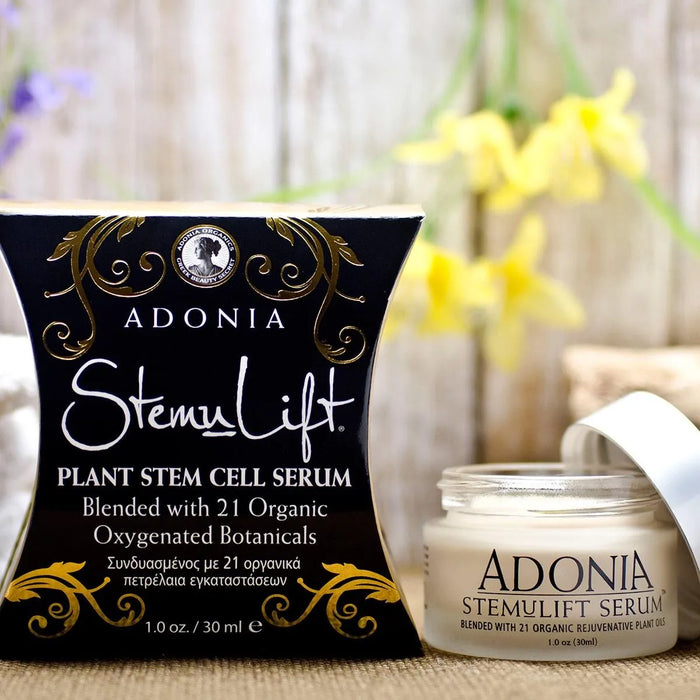
Navigating Menopausal Changes with Confidence
Menopause is a natural phase of life that brings about significant changes in a woman's body, including her skin. As women transition through perimenopause and into menopause, hormonal fluctuations can lead to a variety of skin concerns. However, with the right skincare routine and practices, menopausal women can maintain healthy, vibrant skin that radiates confidence.
Understanding Menopausal Skin Changes:
Perimenopause, the phase leading up to menopause, typically begins in a woman's 40s but can start earlier for some women. During perimenopause, estrogen levels fluctuate, leading to changes in the skin's structure, texture, and appearance. As menopause approaches, estrogen production decreases significantly, which can accelerate certain skin issues.

-
Dryness and Dehydration: Declining estrogen levels can lead to decreased oil production and a reduction in the skin's ability to retain moisture. As a result, menopausal women may experience dry, dehydrated skin, which can feel tight, itchy, and prone to fine lines and wrinkles.
-
Thinning Skin: Estrogen plays a crucial role in maintaining the thickness and elasticity of the skin. As estrogen levels decline, the skin may become thinner, making it more susceptible to sagging and bruising.

-
Wrinkles and Fine Lines: Collagen and elastin, proteins responsible for skin firmness and elasticity, decrease with age and are further impacted by hormonal changes during menopause. This can lead to the formation of wrinkles, fine lines, and creases, particularly around the eyes, mouth, and forehead.
-
Hormonal Acne and Breakouts: Fluctuating hormone levels can disrupt the balance of oil production in the skin, leading to hormonal acne and occasional breakouts, especially along the jawline and chin.

-
Hyperpigmentation: Menopausal women may notice an increase in pigmentation irregularities, such as age spots, sunspots, and melasma, due to cumulative sun exposure and hormonal fluctuations.
Skincare Tips for Menopausal Women:
While menopausal skin presents unique challenges, adopting a tailored skincare routine can help address these concerns and promote healthy, radiant skin. Here are some essential tips for skincare during menopause:

-
Hydrate and Moisturize: Hydration is key to combating dryness and maintaining skin suppleness. Choose moisturizers rich in hyaluronic acid, glycerin, and ceramides to replenish moisture and strengthen the skin's natural barrier.
-
Use Gentle Cleansers: Opt for mild, hydrating cleansers that effectively remove impurities without stripping the skin of its natural oils. Avoid harsh ingredients like sulfates and alcohol, which can further dry out the skin.
-
Incorporate Retinoids: Retinoids, derivatives of vitamin A, are powerhouse ingredients for combating signs of aging, including wrinkles, fine lines, and uneven texture. Start with a low concentration and gradually increase frequency to minimize irritation.

-
Boost Collagen Production: Incorporate skincare products containing collagen-boosting ingredients such as peptides, vitamin C, and niacinamide to promote firmness and elasticity in the skin.
-
Address Hormonal Acne: Treat hormonal acne and breakouts with products containing salicylic acid, benzoyl peroxide, or sulfur. Consult with a dermatologist for personalized recommendations if acne persists.
-
Treat Hyperpigmentation: Target uneven skin tone and hyperpigmentation with brightening ingredients like vitamin C, kojic acid, and niacinamide. Consider incorporating topical treatments or professional procedures such as chemical peels or laser therapy for more stubborn pigmentation.

-
Practice Healthy Lifestyle Habits: Maintain overall skin health by staying hydrated, eating a balanced diet rich in antioxidants and omega-3 fatty acids, exercising regularly, managing stress levels, and getting adequate sleep.
Understanding the underlying factors contributing to menopausal skin changes and adopting targeted skincare routines can help women effectively address concerns such as dryness, thinning skin, wrinkles, hormonal acne, and hyperpigmentation.